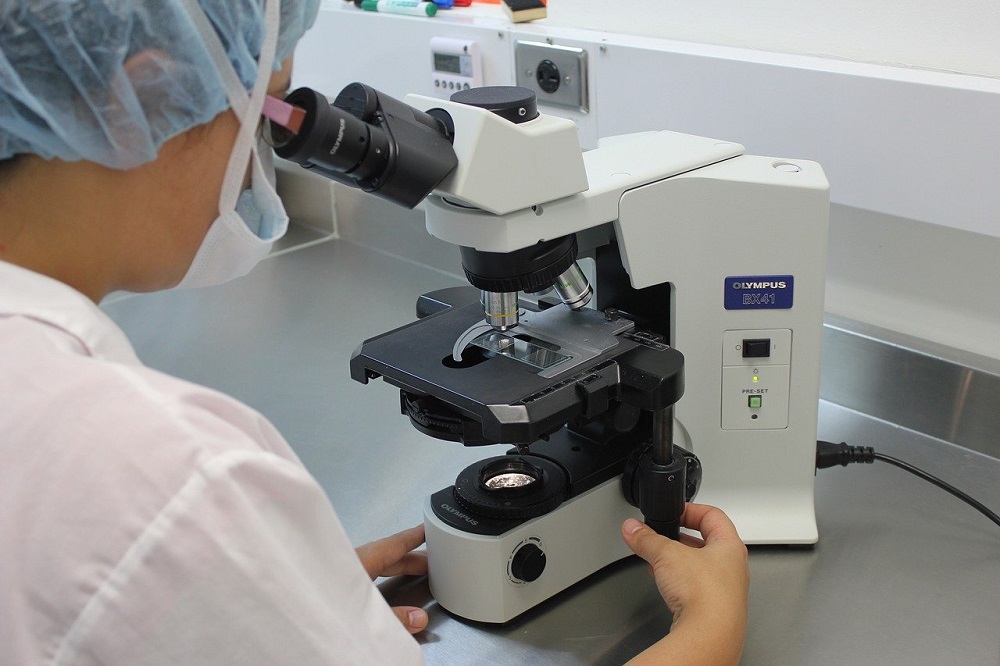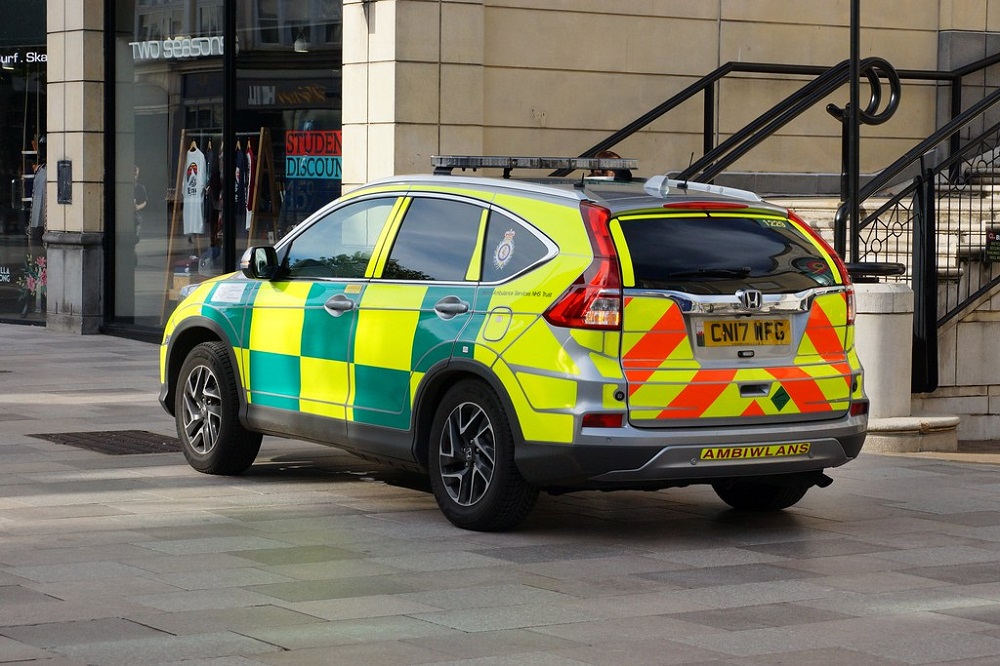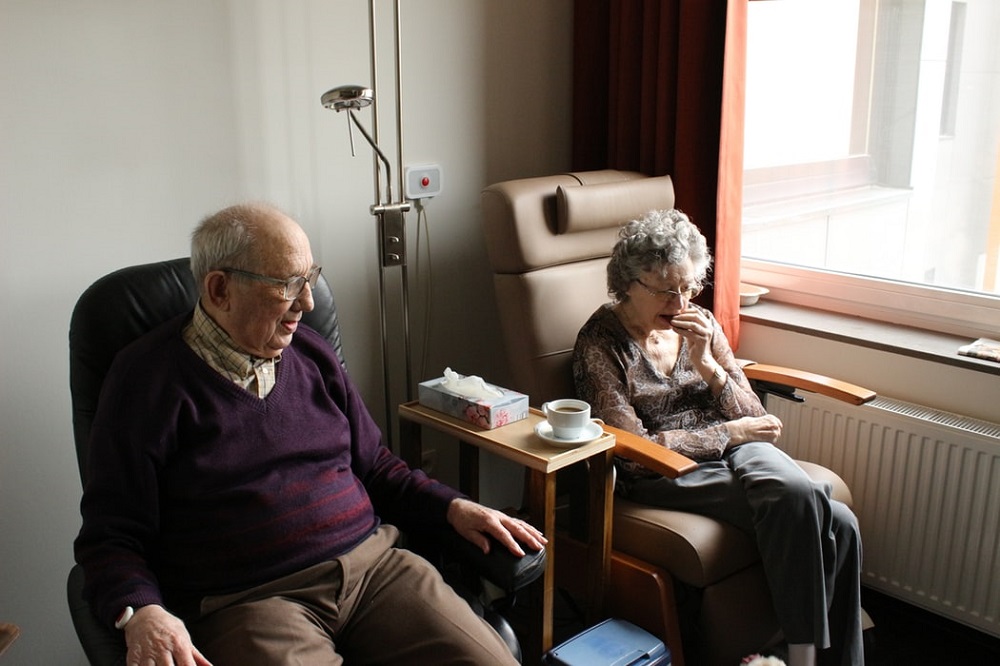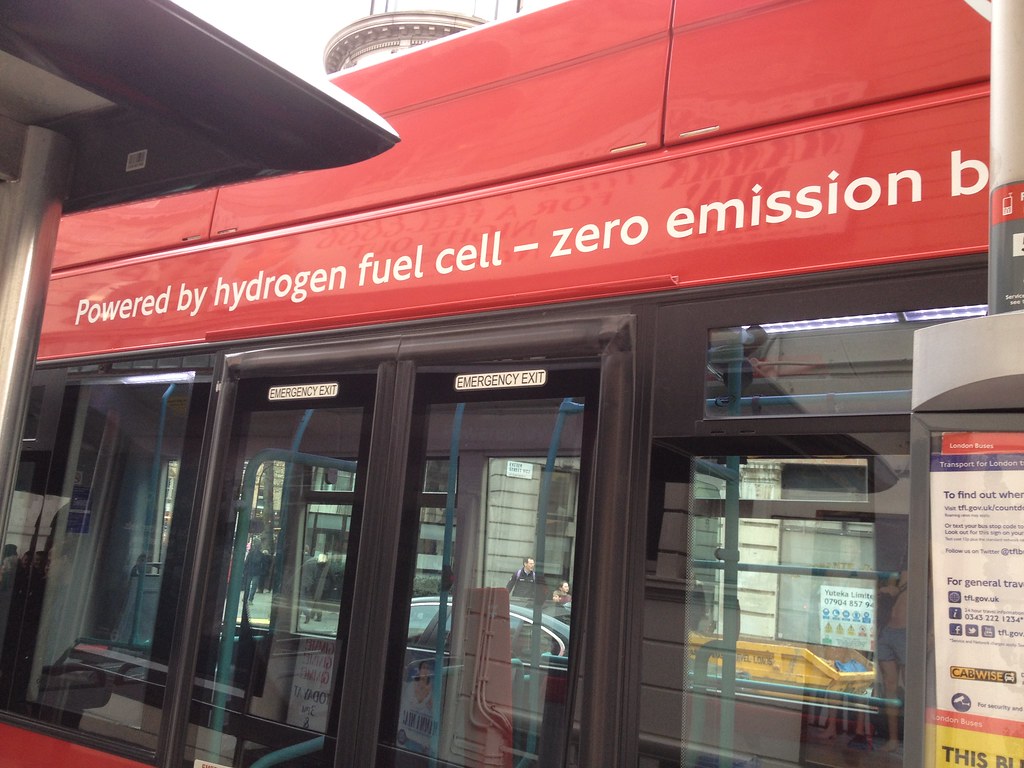News in brief: Wales records over 2,000 new cases of the Covid Delta variant in the last week

Public Health Wales has confirmed 2,216 new cases of the Delta Covid variant in the last seven days, taking the total number of cases of the highly transmissible mutation to 7,817, an increase of 40%.
According to the latest data, the variant that was first detected in India in April, accounted for 100% of all of all sequenced Covid cases recorded in Wales last week.
Betsi Cadwaladr health board continues to bear the brunt of the pandemic’s third wave with another 655 cases reported there, taking the total to 2,824 and there was also a big increase of cases in Cwm Taf Morgannwg as infections increased by 422 (82%) to 939.
The first cases of the Delta variant in Wales were detected in early May.
Four deaths
PHW has also reported four further deaths due to Covid in the last 24 hours and 712 new cases of the virus.
Two of the newly recorded deaths were in the Swansea Bay health board area and Cwm Taf Morgannwg and Hywel Dda both reported one further death.
Cardiff (73) had the highest number of new cases since yesterday’s update, followed by Denbighshire (62) and Flintshire (51).
The weekly case rate in Denbighshire remains the worst in the country at 505.8, climbing from 493.2 per 100,000 people yesterday and it also has the highest positivity rate at 18.5% per 100,000 tests.
The national case rate has increased to 189.4 and following a rise of infections in Carmarthenshire and Neath Port Talbot all 22 local authorities in Wales are reporting rates in excess of 100.
The weekly positive test proportion across the country remains the same as yesterday at 10.6%.

New plan launched to ease pressure on health and care services
Health Minister Eluned Morgan has set out plans to speed up the delivery of urgent and emergency medical care in Wales.
Costing £25 million per year, the new strategy will create a more integrated system across the health and care sectors and relieve pressure on GPs, ambulance services and emergency departments.
The new plan is centred around six goals for the health and care system:
- Coordination, planning and support for people at greater risk of needing urgent or emergency care.
- Signposting to the right place, first time.
- Alternatives to hospital admission.
- Rapid response in a physical or mental health crisis.
- Optimal hospital care following admission.
- Home-first approach and reduce risk of readmission.
“Demand on NHS Wales’ GPs, ambulances and emergency departments continues to grow beyond pre-pandemic levels. Staff are under real pressure,” the minister said.
“As set out in our Programme for Government we want to make sure everyone can access the high -quality care they need in the right place, the first time.
“We have created ‘six goals for urgent and emergency care’ for our Health Boards and their partners to work towards achieving consistently and reliably. Achieving all six goals will deliver better outcomes, staff and patient experiences and value.”
“We want everyone to be able to access the care they need quickly and easily. Often people feel they have no option but to go to their GP, call 999 or go to their nearest emergency department for advice or treatment. But under our new plans, people with urgent care needs could be treated elsewhere by the many different health professionals working in NHS Wales.”
In addition to the new £25m fund, the minister also confirmed an additional £6m of support for Regional Partnership Boards – which bring together local authorities, health boards, registered social landlords and the third sector, to fund schemes to help people to return home from hospital when they are clinically ready, reducing unnecessarily long stays and freeing up essential bed capacity.

Care home Covid restrictions eased for visitors
New guidance has been issued by the Welsh Government, removing the need for care home residents to isolate on return from an overnight stay and allowing entertainers to enter indoor areas of the home.
The guidance continues to advise caution on close physical contact such as hugging and gives further advice on how these risks can be managed.
Despite the easing of these measures, visitors will still require a negative Covid test for indoor visits and risk assessments for visits also remain in place.
“I do not underestimate how difficult the pandemic has been for people living in care homes, their loved ones and indeed for staff. The impact of coronavirus on the sector has been unprecedented and people who need care and support, unpaid carers and the social care workforce have all been affected,” Deputy Minister for Social Services, Julie Morgan said.
“As we move towards recovery, it is vital we ensure care home residents have the same opportunities as the rest of the population to see their loved ones again in a meaningful way both inside and outside their home. The updated guidance will further ease restrictions and support care home providers to transition to a more normal level of visiting.”

Hydrogen-powered buses could be coming to Bridgend
Hannah Neary, local democracy reporter
Bridgend Council could be the first local authority in the UK to use hydrogen-powered buses.
Council officers have set up a “hydrogen taskforce” to as part of its plan to become a pioneer in carbon-free transport.
Janine Nightingale, the council’s corporate director of communities, said the authority is “really thrilled” to be working on developing a fleet of hydrogen-powered buses for the borough.
She said electric-powered buses could be suited to some areas within Bridgend county borough but hydrogen-powered vehicles would be more suited to steeper valleys communities.
Aberdeen Council is also looking to aquire hydrogen-powered vehicles. Bridgend Council will meet with Japanese company Marubeni next week to discuss its ambitions for the project.
The council plans to be a carbon neutral authority by 2030, in line with Welsh Government policy. The government has also set a target for 70% of electricity in Wales to come from renewable sources by the same year.
Carbon neutral or net-zero carbon is the balancing of carbon emissions against carbon removal. This is often achieved by carbon offsetting, which is when companies invest in environmental projects to balance out their carbon footprints.
‘Forward thinking’
“Bridgend does punch above its weight in terms of our 2030 decarbonisation agenda,” said Ms Nightingale. “We are very forward thinking… we’re quite proud of where we’ve got to so far.”
Bridgend Council declared a climate emergency in 2020 and set up a climate emergency response programme to tackle the issue. As part of the plan, the council will help residents, groups and businesses with their energy use, deliver less carbon-intensive services, manage the council’s estate and services efficiently using clean energy and prepare for the consequences of climate change.
The response programme costs £215,000 per year, comprising £65,000 total staff costs and £150,000 revenue budget. An earmarked reserve of £220,000 has also been set aside for extra staff to work on the council’s decarbonisation agenda .
The Welsh Government has awarded Bridgend Council almost £500,000 to improve electric vehicle charging points and may provide an extra £300,00 via the Welsh Local Government Association.
A number of ultra-low emission taxis have been purchased by the Cardiff Capital Region – a project aimed at regenerating 10 local authorities in south east Wales. As part of this, six of these taxis will be available for a ‘try before you buy’ scheme in Bridgend county, with a rapid charging point at Hillsboro Place Car Park in Porthcawl.
Ms Nightingale said the aim of the new charging regime would be to install electric vehicle charging points throughout the Cardiff Capital Region and ensure fees are the same across different boroughs.
The council is also working on using greener vehicles for its recycling and waste collection service and hopes to install solar panels on the roof of Bryncethin depot to power the charging points.
Other projects that form part of the authority’s decarbonisation agenda are the isntallation of solar panels across 18 public sector buildings, planting 15,000 trees on council-owned land and a carbon-free heating scheme for public bulidings.
Cllr Paul Davies said: “Where does industry come into all of this because industry are huge producers of carbon. I’m concerned that we’re focusing on the poor old general public again, it’s all going to be down to us while in the long run the only ones who’ll be making carbon will be the big industries and the military.”
The Labour member added: “Local authorities and the general public are doing all the work and paying all the costs while the big boys get away scot-free.”
Climate change experts from Carbon Trust are advising the council on how it can reduce its carbon emissions. David Powlesland, senior manager at Carbon Trust, said public sector emissions in Wales are between 1% and 3% while 90% of emissions come from industry.
He said councils “have a responsibility to try and lead by example” and the influence they can have on their supply chains “will drive industry”.
Independent councillor Keith Edwards said the council should consider “the impact of manufacturing in and around the county borough”. He asked whether the authority looks at whether a company is environmentally-friendly when it buys resources from it.
Expensive
Ms Nightingale said the council is “reviewing” its procurement strategy, which is “a very important part” of its decarbonisation agenda and it will “have to factor in” the fact that sustainable products can be expensive.
She said the council is “trying” to spend its money “more sustainably and more locally” as this will boost the local economy and “cut down” on emissions created by products being delivered from outside the region.
Labour councillor Richard Young said: “With Welsh Government guidance having only recently been published, we understand that we are the first local authority in Wales to be fully reviewing its carbon footprint and developing a decarbonisation strategy in line with the protocol.
“Bridgend county borough is really leading the way in terms of the Decarbonisation 2030 agenda. We are one of only two local authorities with plans for a district heat network and we are one of only two places in the UK in the running for a hydrogen and electrification fuelling model for our fleet.
“The next stages involve the completion of the Carbon Trust’s assessment on our usage of greenhouse gases, the establishment of a citizen’s assembly in the county borough to help feed into the process, and a consultation on the draft decarbonisation strategy. This will then come back to cabinet and council to approve the strategy and action plan.”
Support our Nation today
For the price of a cup of coffee a month you can help us create an independent, not-for-profit, national news service for the people of Wales, by the people of Wales.






Cases rising, constant interchange of holiday people in our communities, but our lovely MP thinks now would be a good time to start holding face-to-face surgeries again.
We are heading for lockdown again- imagine the number of cases when the Autumn arrives ! The Welsh Parliament needs to control the amount of people crossing the border – not easy I know – but if it doesn’t we will be in trouble big time! ‘Freedom Day’ should be confined to England.